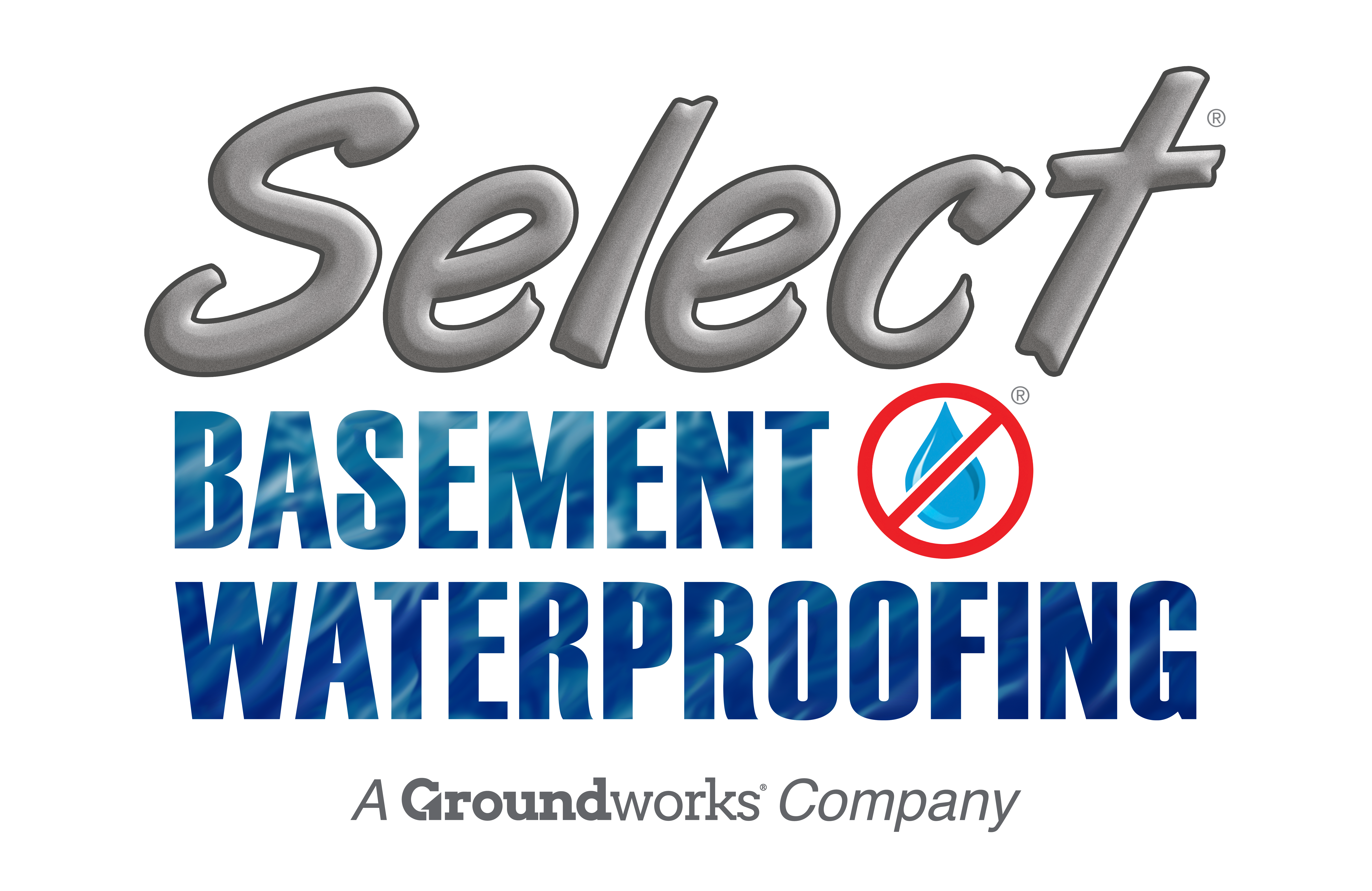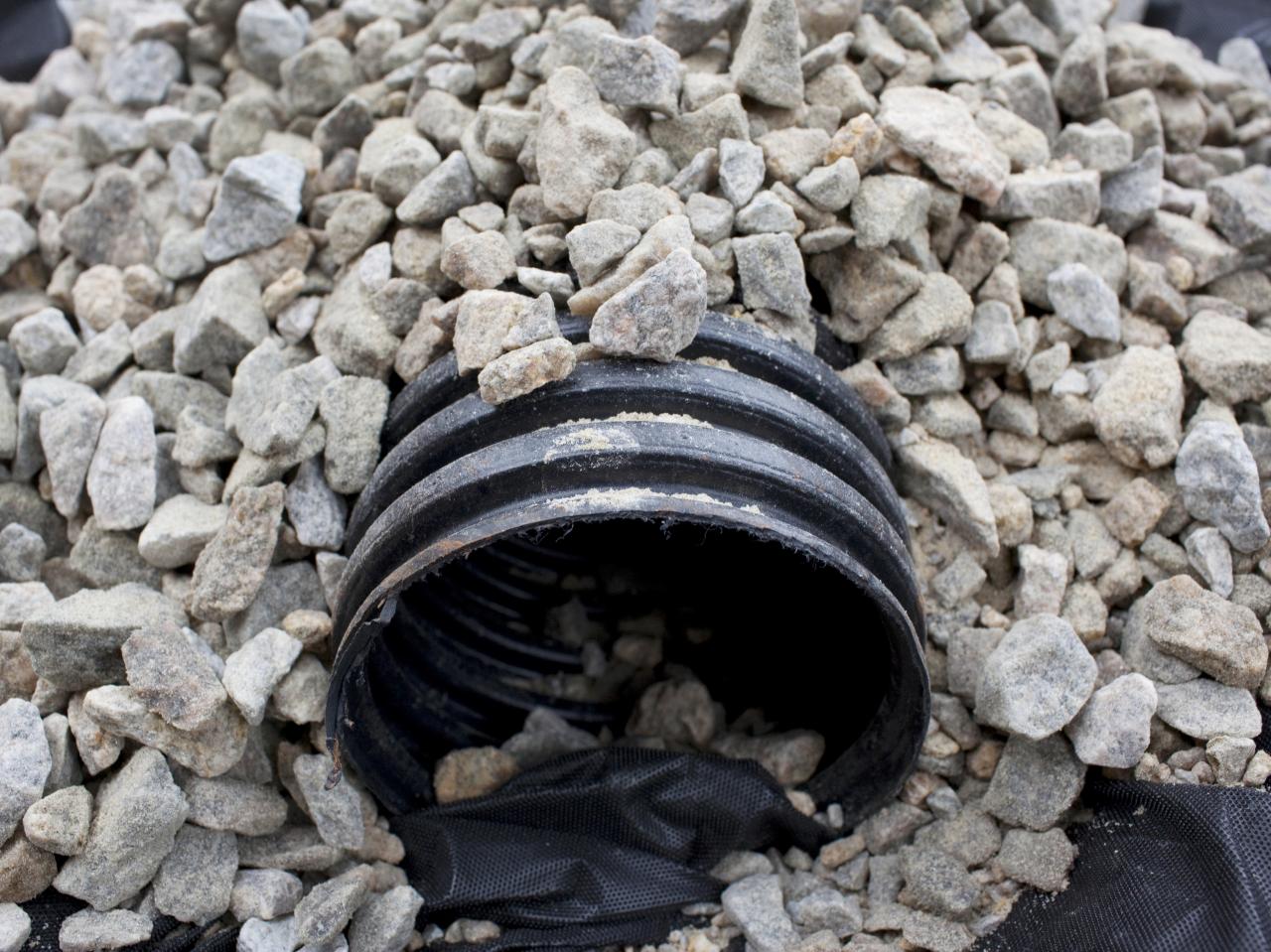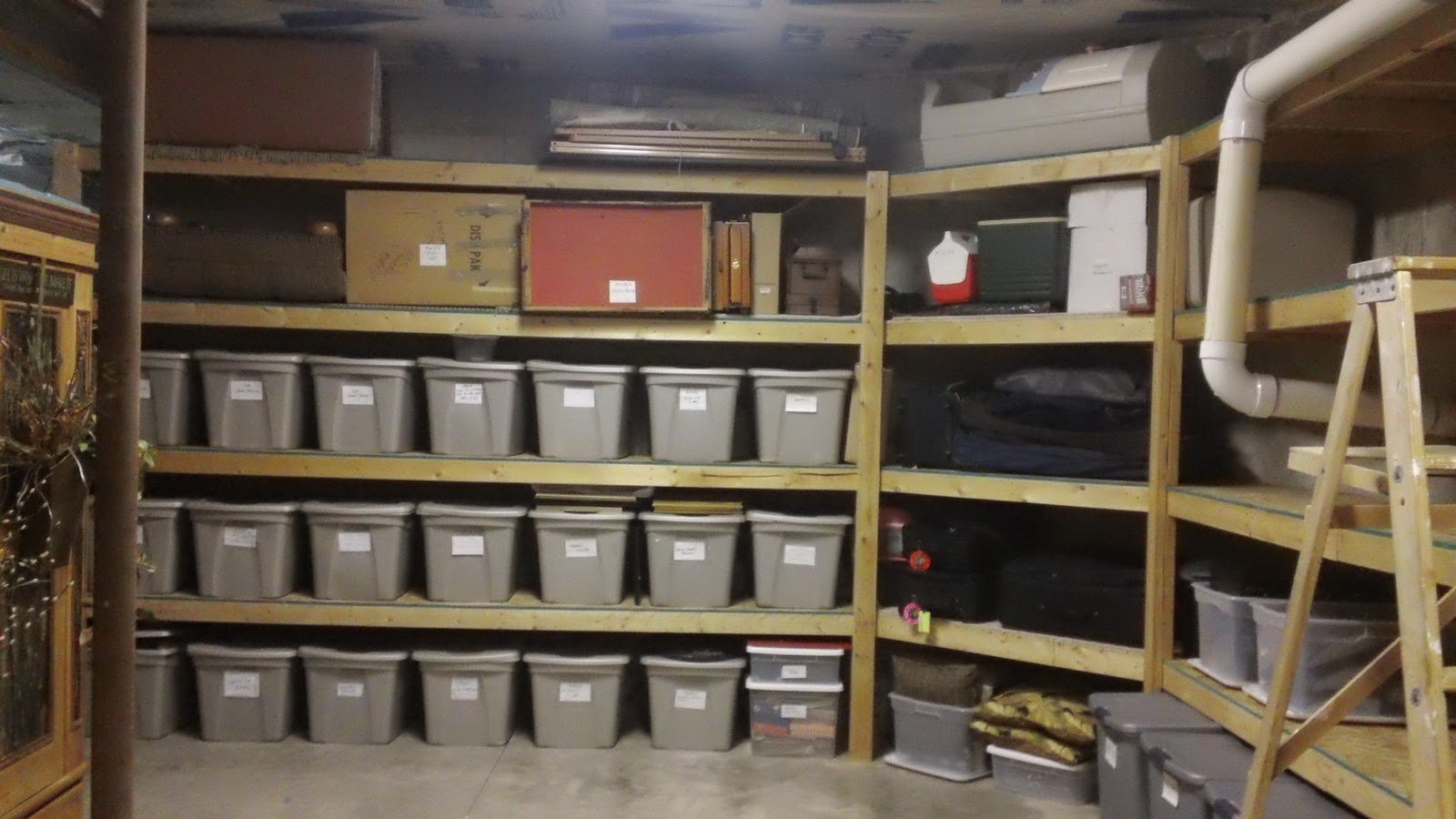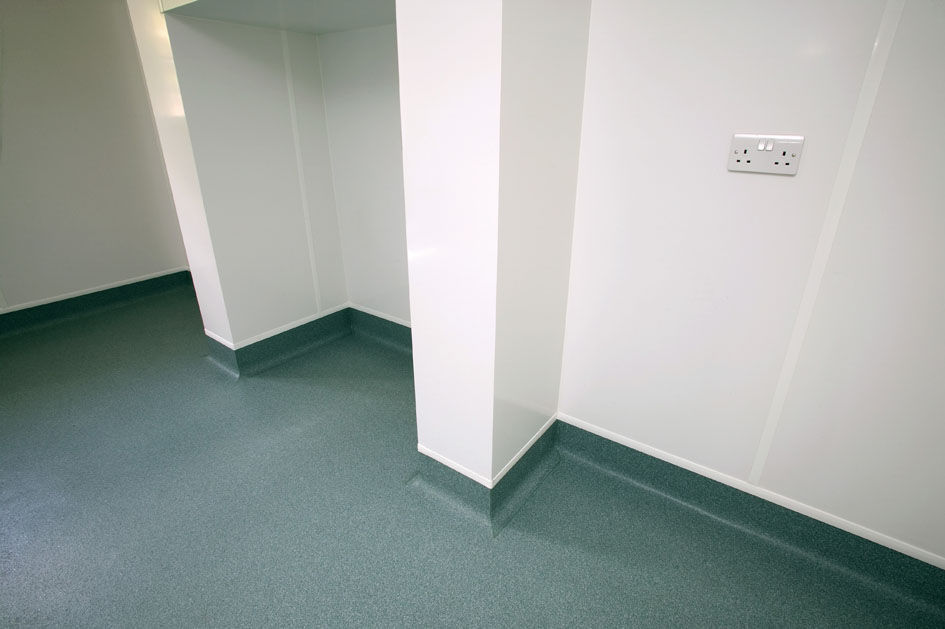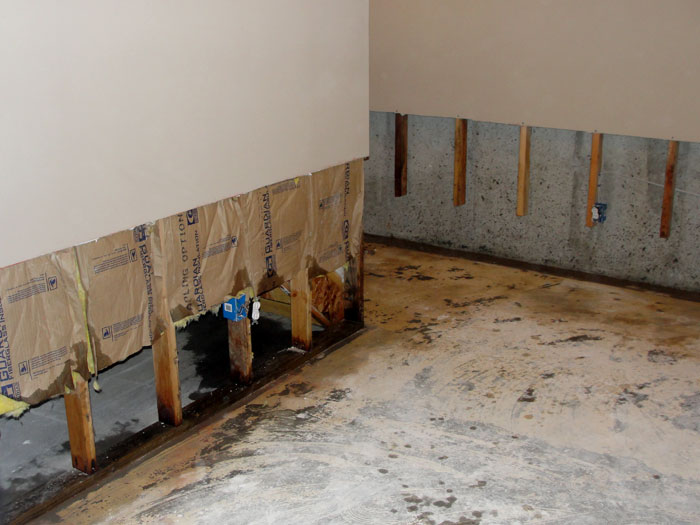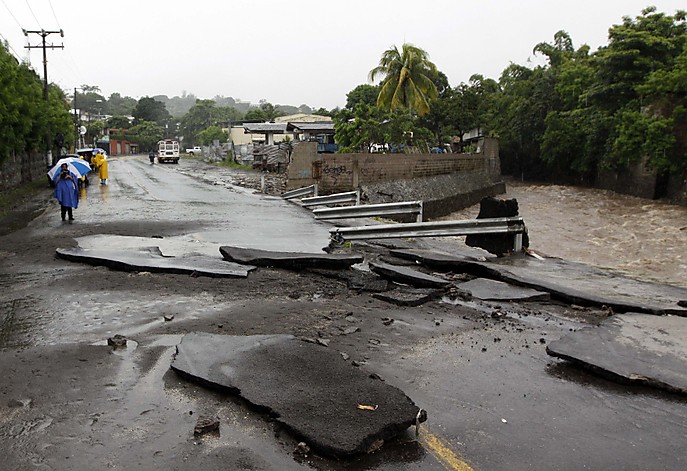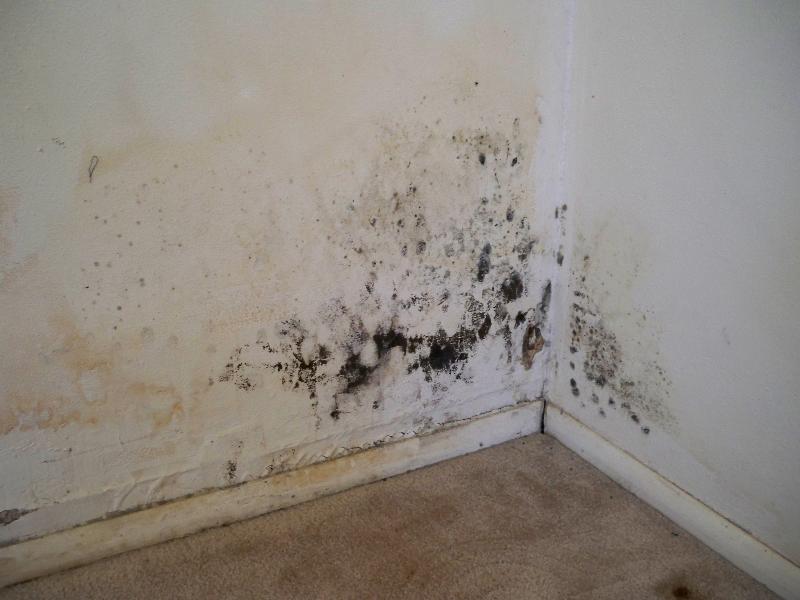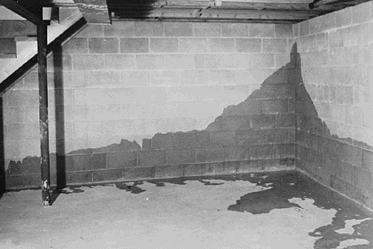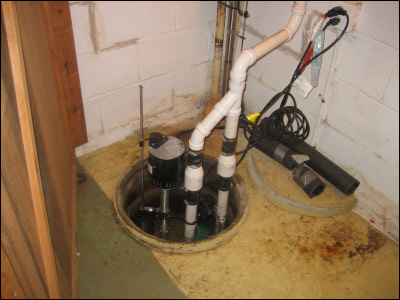French Drains in Morganville NJ
Water is bad for foundations, but it is a natural part of the world we live in. When it rains, water seeps into the ground. There is also groundwater that is already present in the ground and can seep up to destroy a foundation.
So, how can you keep your foundations sound?
The answer is a French drain. Also known as a weeping, uncertain or rubble drain, this drain consists of a trench that is filled with rocks or gravel. Many French drains in Morganville NJ also contain a perforated pipe. The primary use of the drain is to prevent surface or ground water from penetrating into or damaging the foundations of a building.
The name does not come from France, the country but was named after the person who promoted the idea in 1859 through his book on drainage on farms, Henry French.
How they work
French drains in Morganville NJ are constructed around foundations to give water an easy channel through which it can flow. Water in the surrounding soils runs into the gravel that fills the drain and down through the perforations in the pipe that is often located at the bottom of the trench.
Water collects in the pipe and is channeled away from the foundations to a point some distance away from the house.
It is important for the trench bottom to be constructed at a slope of about 1 inch for every 8 feet traveled in the direction that the water will flow. The French drain may terminate in any place depending on your situation and preference. Some examples include:
- Low lying areas within your property
- Dry wells
- The street
- Drainage ditches
Deciding when to put in a French drain
French drains in Morganville NJ have become necessary to help with drainage. This is true especially for:
- Homes that are experiencing a problem with surface water. You may have a soggy lawn or driveway that washes out.
- Homes whose basements are being damaged by water. It is important to ensure that water from the surrounding soil is directed away from the foundations. This ensures that the foundation is not destroyed.
- Homes that are being constructed on a hillside. It is important to install a French drain if you will be building a retaining wall.
Surface water problems
Shallow French drains in Morganville NJ are a great way to deal with surface water problems. The French drain should be constructed to intercept water on the property and channel it away from the building’s foundations.
Contact us for a FREE Estimate!
